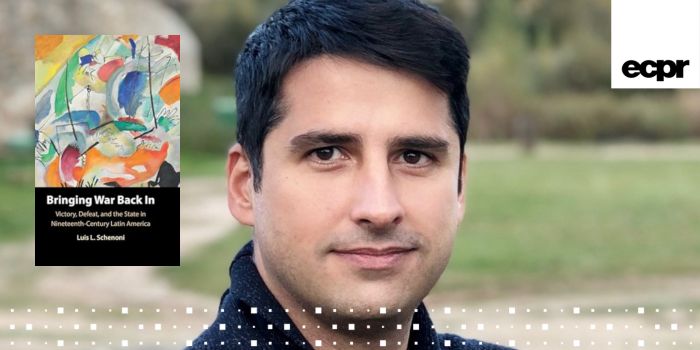Alan Renwick
@alanrenwick.bsky.social
2.9K followers
850 following
73 posts
Professor of Democratic Politics and Deputy Director of the UCL Constitution Unit. Researching democratic reform in the UK and around the world. Views my own.
Posts
Media
Videos
Starter Packs
Reposted by Alan Renwick
Reposted by Alan Renwick
Alan Renwick
@alanrenwick.bsky.social
· Jul 15
Reposted by Alan Renwick
Alan Renwick
@alanrenwick.bsky.social
· Jul 10
Alan Renwick
@alanrenwick.bsky.social
· Jul 10

The new voting system for mayors and PCCs: how it affects democracy
This month’s elections for mayors and police and crime commissioners were contested under a revised voting system. In a post published yesterday, Alan Renwick found that this change had a substanti…
constitution-unit.com
Reposted by Alan Renwick
Jane Green
@profjanegreen.bsky.social
· Jul 9
Reposted by Alan Renwick
Alan Renwick
@alanrenwick.bsky.social
· Jul 3
Alan Renwick
@alanrenwick.bsky.social
· Jun 30
Reposted by Alan Renwick
Alan Renwick
@alanrenwick.bsky.social
· Jun 20













